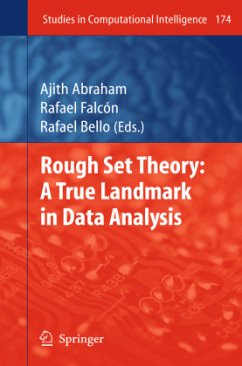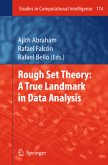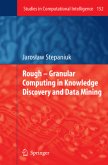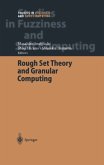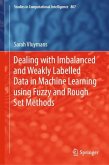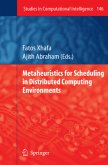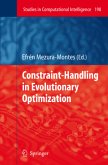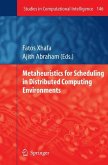Along the years, rough set theory has earned a well-deserved reputation as a sound methodology for dealing with imperfect knowledge in a simple though mathematically sound way. This edited volume aims at continue stressing the benefits of applying rough sets in many real-life situations while still keeping an eye on topological aspects of the theory as well as strengthening its linkage with other soft computing paradigms. The volume comprises 11 chapters and is organized into three parts. Part 1 deals with theoretical contributions while Parts 2 and 3 focus on several real world data mining applications. Chapters authored by pioneers were selected on the basis of fundamental ideas/concepts rather than the thoroughness of techniques deployed. Academics, scientists as well as engineers working in the rough set, computational intelligence, soft computing and data mining research area will find the comprehensive coverage of this book invaluable.
Bitte wählen Sie Ihr Anliegen aus.
Rechnungen
Retourenschein anfordern
Bestellstatus
Storno

